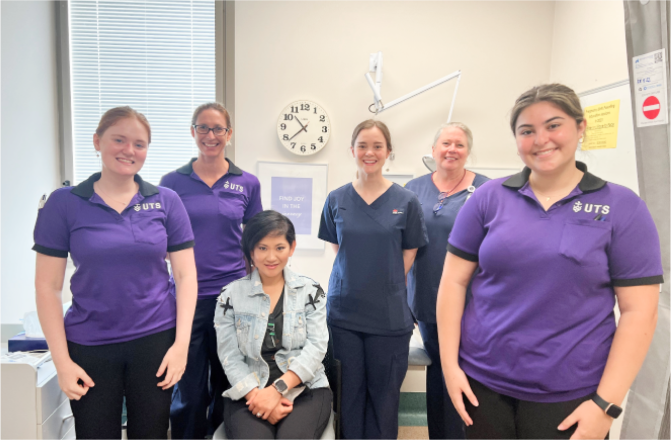Options of care
In Northern Sydney Local Health District we believe that every pregnancy is unique and that care should be personalised to each individual’s needs.
Our team of midwives, doctors and allied health care professionals provide collaborative care, where the woman and her family remain at the centre of the experience and involved in all decisions about pregnancy, birth and the postnatal period.
We encourage you to talk to your midwife or doctor early in pregnancy to discuss your options. We can’t always accommodate your preferences, however we will work with you to find a model of care that meets your needs.
Most of the cost of your care is covered by Medicare, if you are eligible.


